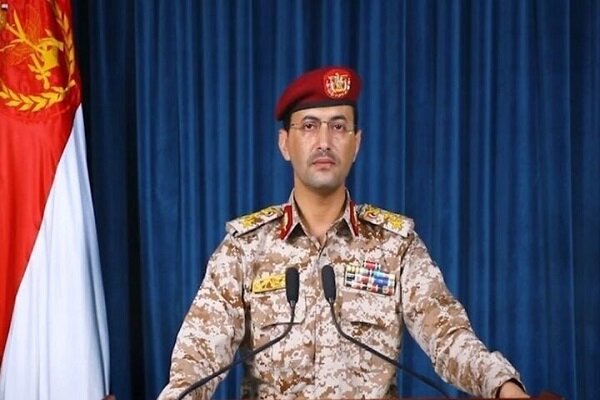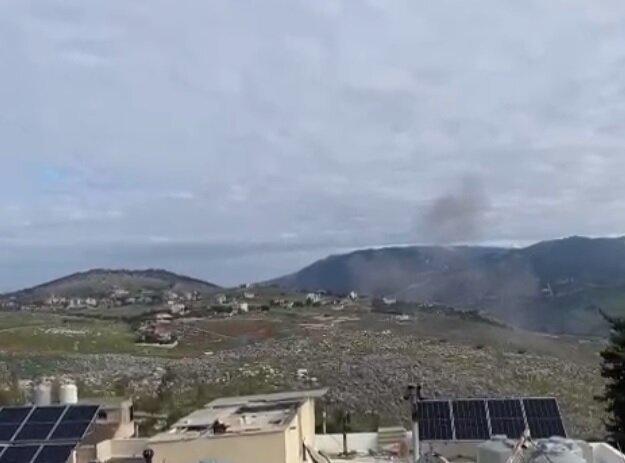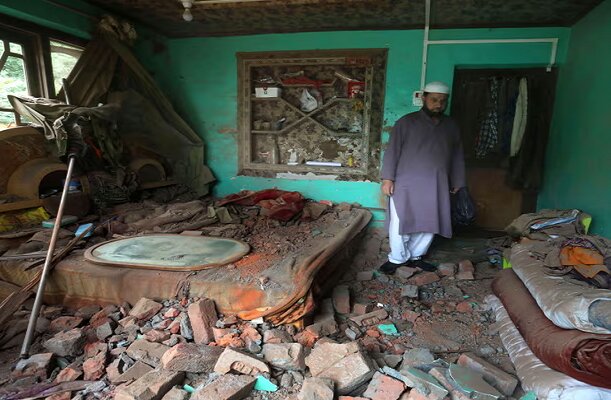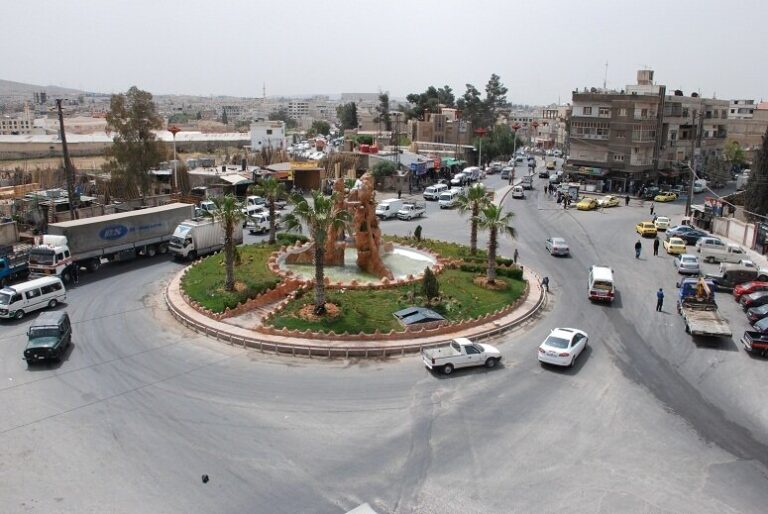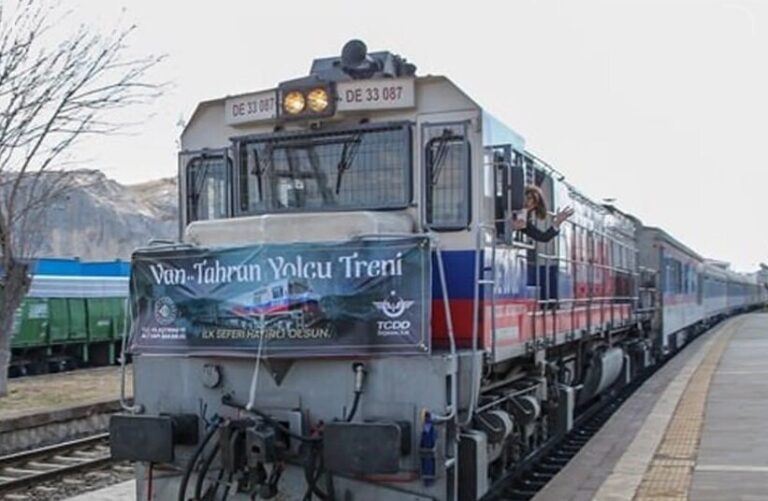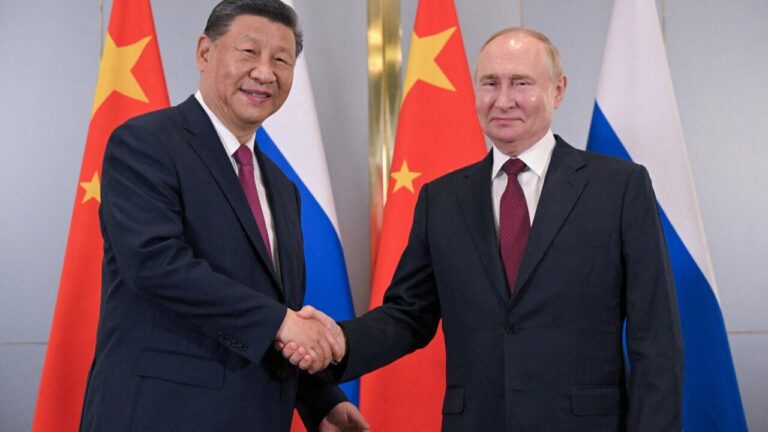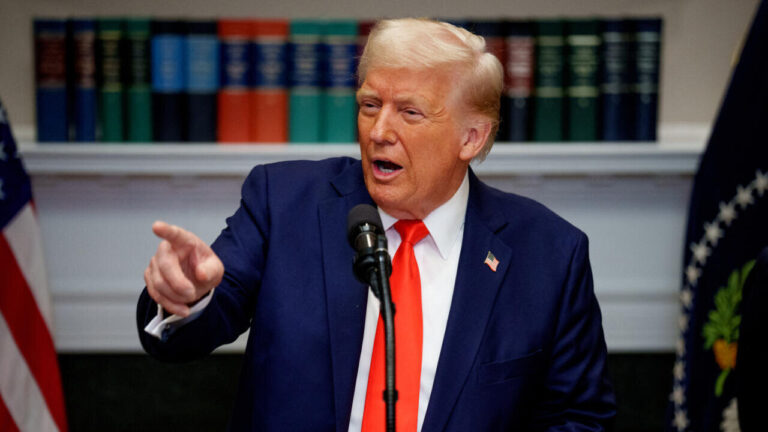Yemen Strikes Again: Drones Target Tel Aviv in Bold New Assault
The Yemeni Armed Forces have recently made headlines with a significant military operation that underscores their ongoing support for Palestine. In a bold move, Brigadier-General Yahya Saree, the Spokesperson for the Yemeni Armed Forces, announced that Yemeni forces successfully targeted two military locations in Tel Aviv, located in the heart of the occupied territories, using advanced drones. This operation highlights Yemen’s commitment to the Palestinian cause amidst escalating tensions in the region.
Brigadier-General Saree emphasized that the operation was not just a military exercise but a message of solidarity with the Palestinian people. As the conflict in Gaza intensifies, Yemenis have rallied behind Palestine, voicing their support in various ways since the outbreak of hostilities on October 7. This date marks the beginning of a devastating war launched by the Israeli regime following a surprise retaliatory attack by Palestinian Resistance movements, known as Operation Al-Aqsa Storm.
The recent drone strikes have drawn significant attention, especially since the Israeli military has yet to respond publicly to the attacks. As news of the operation spreads, various questions arise regarding the implications of such military actions and the ongoing conflict in the region.
Key Points from the Yemeni Military Operation
- Operation Support: The Yemeni forces conducted the operation as a demonstration of their support for the Palestinian struggle against Israeli occupation.
- Targeted Areas: Two military targets in Tel Aviv were specifically chosen for the drone strikes.
- Military Response: The Israeli military has not officially commented on the drone strikes, leaving many to speculate about the potential consequences.
- Public Sentiment: The Yemeni public has shown overwhelming support for Palestine, particularly in light of the recent escalation of violence in Gaza.
The backdrop to these events is the ongoing conflict in Gaza, which has seen significant casualties and destruction. The situation escalated after Palestinian forces launched their surprise attack, prompting a heavy military response from Israel. This has led to widespread concern and condemnation from various international organizations and human rights groups regarding the humanitarian crisis unfolding in the region.
As the conflict evolves, it becomes increasingly crucial to analyze the role of regional players like Yemen and their contributions to the broader narrative of support for Palestine. Yemen’s military operation may not only affect the immediate tactical situation but also serve to galvanize public opinion and support for the Palestinian cause across the Arab world.
The Broader Context of Yemeni Support for Palestine
The Yemeni government has long positioned itself as a supporter of Palestinian rights. This is evident in several ways:
- Political Stance: Yemen has historically condemned Israeli actions against Palestinians and called for international intervention.
- Solidarity Demonstrations: Public protests and demonstrations in Yemen often feature slogans and imagery supporting Palestine.
- Humanitarian Aid: Yemen has provided humanitarian assistance to Palestinian refugees and those affected by the conflict.
This military operation is viewed as a continuation of Yemen’s long-standing opposition to Israeli policies and actions. The support for Palestine is not just limited to Yemen but resonates throughout the Arab world, where many nations have voiced their solidarity in various forms.
In conclusion, the recent drone strikes in Tel Aviv by Yemeni forces demonstrate a significant escalation in regional involvement in the Israeli-Palestinian conflict. As the situation continues to develop, it is essential for observers to understand the implications of such actions and the broader support for Palestine. The Yemeni Armed Forces’ commitment to the Palestinian cause reflects a deep-rooted solidarity that resonates across the Arab nations, reinforcing the message that the struggle for justice and peace in Palestine remains a priority for many in the region.
